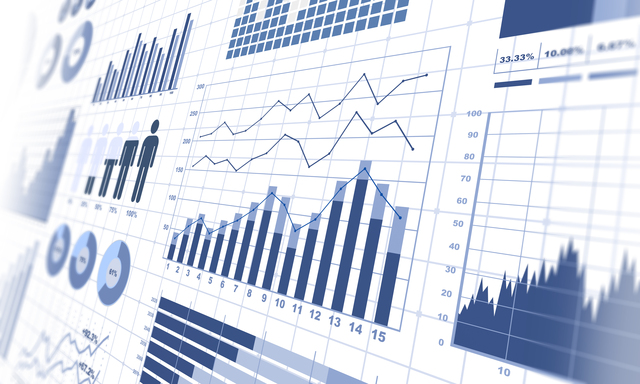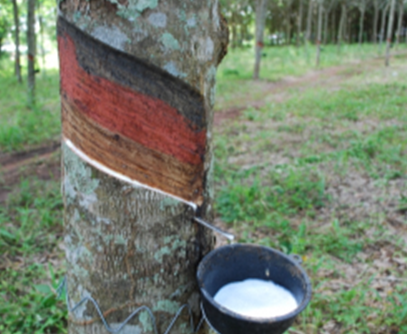TSE Cash Markets
Stock buybacks up to 9.6 trillion yen, Active return of surplus funds in 2023

Stock buybacks reach record high for second year in a row, boosted by the swelling of surplus funds and P/B ratio reforms, as well as moves to cancel acquired shares.
Listed companies are expanding their stock buybacks. The acquisition quota for 2023 is approximately 9.6 trillion yen, a record high for the second consecutive year. It actively returns surplus funds to shareholders. The Tokyo Stock Exchange‘s request for companies to improve capital efficiency has also been a backdrop, contributing to the current stock price rise.
Stock buybacks reduce the number of shares in a company and improve financial data such as return on equity (ROE) and price-book value ratio (PBR). Because they can be implemented more flexibly than dividends, it is easier to use surplus funds for shareholder returns. In the past, the market often paused during the stock price rise phase, but it continues to be active even now.
Nikkei’s total share repurchase limit for listed companies, based on the date of board resolution, was 9.602 trillion yen in 2023, an increase of 135 billion yen from the previous year. The increase is the third consecutive year. The total number of companies that set up acquisition quotas reached 1,033, exceeding 1,000 for the second consecutive year.
The companies that stand out are those with relatively low P/B ratios. Mitsubishi Corporation acquired a total of 400 billion yen of its own shares. It has a policy of returning more than 1.5 trillion yen, including dividends, to shareholders over the three years through the fiscal year ending March 2025. PBR increased to the 1.1x range from 0.78x at the end of 2022. Itochu also acquired a total of 125 billion yen.
Honda repurchased 270 billion yen in shares, 2.7 times the amount from the previous year. The recovery in auto production has led to a surge in cash on hand. “From a short- to medium-term perspective, this could be the case in the future” (Vice President) speaks of a 200 billion yen scale stock buyback. PBR increased from the 0.4x range at the end of 2022 to the 0.6x range.
There are also many share buybacks aimed at absorbing cross-shareholdings released by major shareholders. Recruit Holdings repurchased approximately 110 billion yen of shares in conjunction with the stock sales of Dai Nippon Printing and TOPPAN Holdings. KDDI acquired its own shares from Toyota Motor for approximately 250 billion yen.
Companies are becoming more aggressive in buying back shares because their surplus funds are swelling. Listed companies (excluding financial and other companies whose fiscal year ends in March) had 101 trillion yen on hand at the end of September 2023, and their capital adequacy ratio was 43%, both at record high levels. This has led to a thickening of shareholder returns, with total stock buybacks and dividends in 2023 amounting to about 28 trillion yen, or a little over 50% as a percentage of net income.
Tokyo Stock Exchange PBR reforms are also helping companies. In January, the company began disclosing a list of companies that have made efforts to manage their businesses in a cost-of-capital and stock price conscious manner, encouraging companies to further improve capital efficiency. Hiroshi Suzuki, chief researcher at the Daiwa Institute of Research, notes, “Companies are being asked to respond, and the push to buy back shares will only intensify.”
There is also a growing trend to cancel acquired shares of the company’s stock in an attempt to put to rest concerns about re-releasing the company’s shares to the market. In 2023, a record 324 companies were retired. Among them, 101 companies, or 30%, have retired more than 5% of their SHARE OUTSTANDINGS. Nissan Motor canceled 211 million shares (5% of the total number of shares outstandings) that it repurchased in December 2023. Mitsubishi UFJ Financial Group cancelled 3.5 million shares or 2.75% of its shares outstandings in November 2023.
On the other hand, corporate shareholder returns are increasing because of the limited resources available for redirecting growth investments. The outlook is difficult to predict due to the slowdown in the Chinese economy, and some companies are taking a cautious approach to investment behavior. The government left its judgment of domestic capital spending unchanged in the January Monthly Economic Report at “pick-up has stalled.” Finding promising investment destinations with expected returns is also a challenge.
(Kyoka Omichi, Tsuchikirou Murakami)
Stock buybacks, the effect of improving earnings per share and ROE Stock buybacks are the repurchase of shares issued by a company. The 2001 amendment to the former Commercial Code lifted the ban on “treasury shares,” which allow companies to hold their own shares without canceling them. It is often used for shareholder returns.
Market transactions and tender offers for the company’s shares are some of the methods used. In principle, it cannot be acquired in excess of the distributable amount, subject to financial resource restrictions. Strict disclosure is required for material facts under insider trading regulations. It has the effect of raising earnings per share (EPS) and improving return on equity (ROE) because the number of shares is reduced. If EPS rises and PER (price-to-earnings ratio) is the same, the stock price will rise. In addition to this, it also has the effect of announcing that the company’s stock price is undervalued. In the case of Japanese companies, this is often implemented based on performance and business conditions. According to LSEG, global corporate buybacks in 2023 will be $680 billion (approx. 100 trillion yen), a 30% decrease from the previous year, with US companies accounting for 60% of the total. In the US, many companies emphasize share buybacks over dividends. Although the regulations are different from those in Japan, some companies are buying back shares while lacking assets.
Related links




